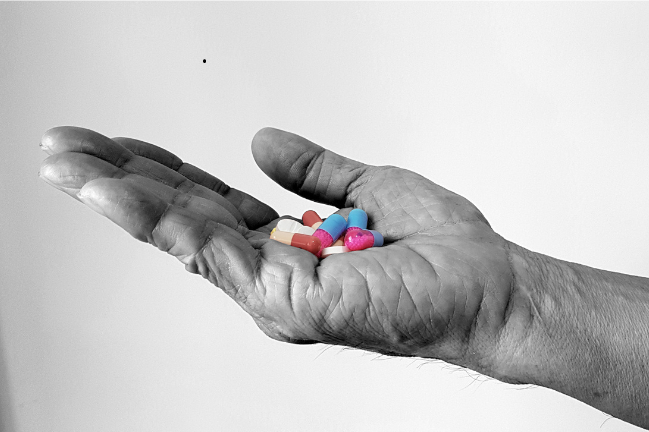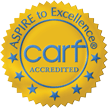
Substance Use Treatment at Lifewell

SABG Grant Funds
Are you looking for financial assistance or scholarships to help pay for treatment?
Lifewell offers the Substance Abuse Block Grant to help those who need treatment and do not have insurance.
SABG funding focuses on treatment for specific populations including:
– Pregnant women who inject drugs
– Pregnant women who use substances
– Other individuals who inject drugs
– Women who use substances and have dependent children and families, or are attempting to regain custody of their children
– All other individuals with a substance use disorder (as funding is available)
Substance Use Treatment
Addiction Treatment
It can be difficult to face the realities of addiction, whether in your own life or that of a loved one. At Lifewell, help is here — we can assist in getting your life back on track.
Substance use disorder can wreck havoc on both individuals and families. It can come in many forms, stemming from abuse of:
-
Depressants:
- Alcohol: The most commonly used and addictive substance, affecting the central nervous system, leading to impaired judgment and coordination
- Barbiturates: Prescription sedatives with high addiction potential, causing drowsiness, slurred speech, and respiratory depression
- Benzodiazepines (Xanax, Valium): Commonly prescribed anti-anxiety medications that can be addictive with long-term use, causing drowsiness, memory impairment, and falls
- Sleep aids (Ambien, Lunesta): Medications for insomnia with potential for dependence and withdrawal symptoms like anxiety and insomnia
Stimulants:
- Cocaine: Highly addictive stimulant affecting the brain’s reward system, causing hyperactivity, euphoria, and paranoia
- Amphetamines (Adderall, Ritalin): Prescription stimulants used for ADHD and narcolepsy, with potential for dependence and abuse, leading to anxiety, psychosis, and cardiovascular issues
- Methamphetamine: A highly addictive and destructive stimulant causing euphoria, psychosis, and organ damage
Opioids:
- Heroin: Extremely addictive and potent opioid derived from morphine, causing intense euphoria but severe withdrawal symptoms and overdose risk
- Prescription opioids (oxycodone, hydrocodone): Painkillers with high addiction potential, causing drowsiness, constipation, and respiratory depression
- Fentanyl: A synthetic opioid 50-100 times more potent than morphine, often mixed with other drugs and responsible for a significant number of overdoses
Hallucinogens:
- LSD: Can alter perception and cause vivid hallucinations, potentially leading to anxiety and psychological distress
- Psilocybin (Magic mushrooms): Psychedelic drug affecting serotonin levels, resulting in altered perception and potential for mystical experiences.
- DMT (Dimethyltryptamine): A naturally occurring psychedelic found in some plants, known for its intense and short-lived hallucinations
Cannabis (Marijuana):
- While considered less addictive than other substances, long-term use can lead to dependence and withdrawal symptoms like anxiety, insomnia, and difficulty concentrating
Inhalants:
- Volatile substances like paint thinners, glue, and aerosols inhaled for their intoxicating effects, impacting the brain and nervous system, causing damage to organs and potential for sudden death
Remember, addiction is a complex issue, and seeking professional help is crucial for anyone struggling with substance use dependence.
Get Treatment Now
Ready to get started on treating your addiction?
Reach out to (602) 808-2800 from 8:30 a.m. – 5:30 p.m. Monday to Friday and talk with one of our client support specialists today.
You can also email us 24/7 at info@lifewell.us
Other Services

Approximately 1.1 percent of American adults − about 2.4 million people − live with schizophrenia.
Source: National Alliance on Mental Illness
If you are in crisis or need immediate assistance,
please call the Central Arizona Crisis line at 1.800.631.1314.
Site design by Davidson Belluso
© 2025 Lifewell. All Rights Reserved.
Site design by Davidson Belluso

